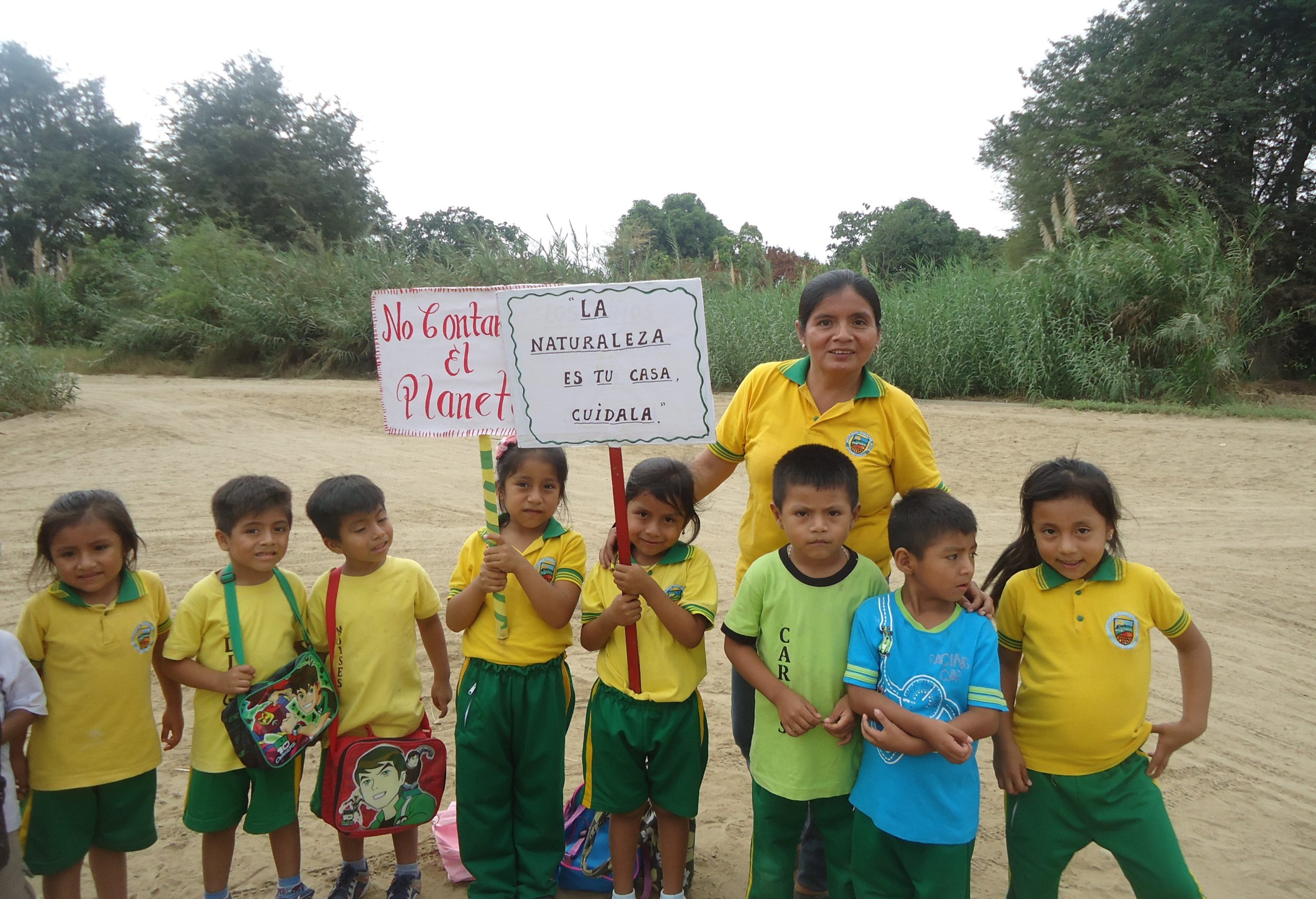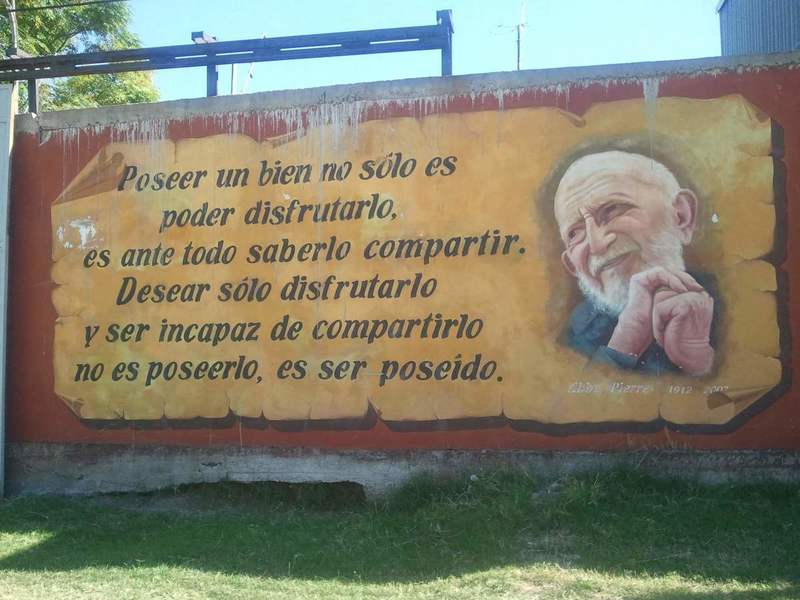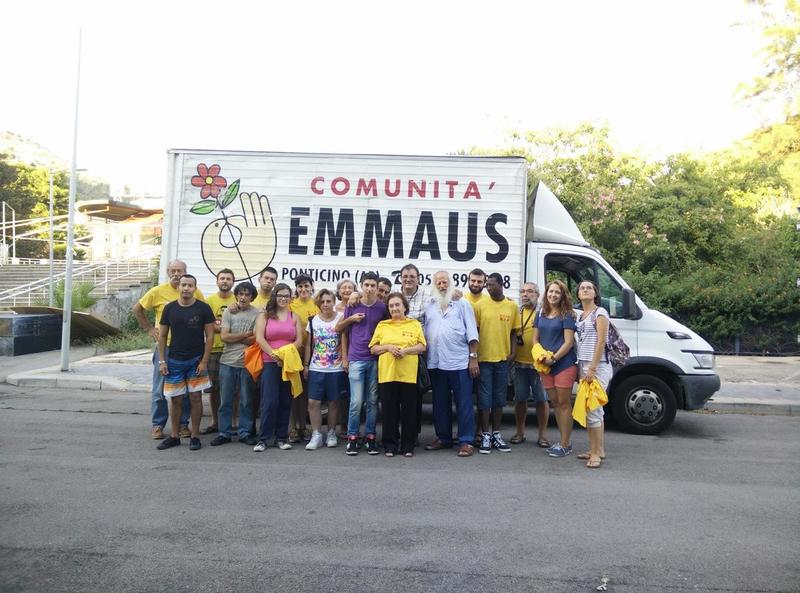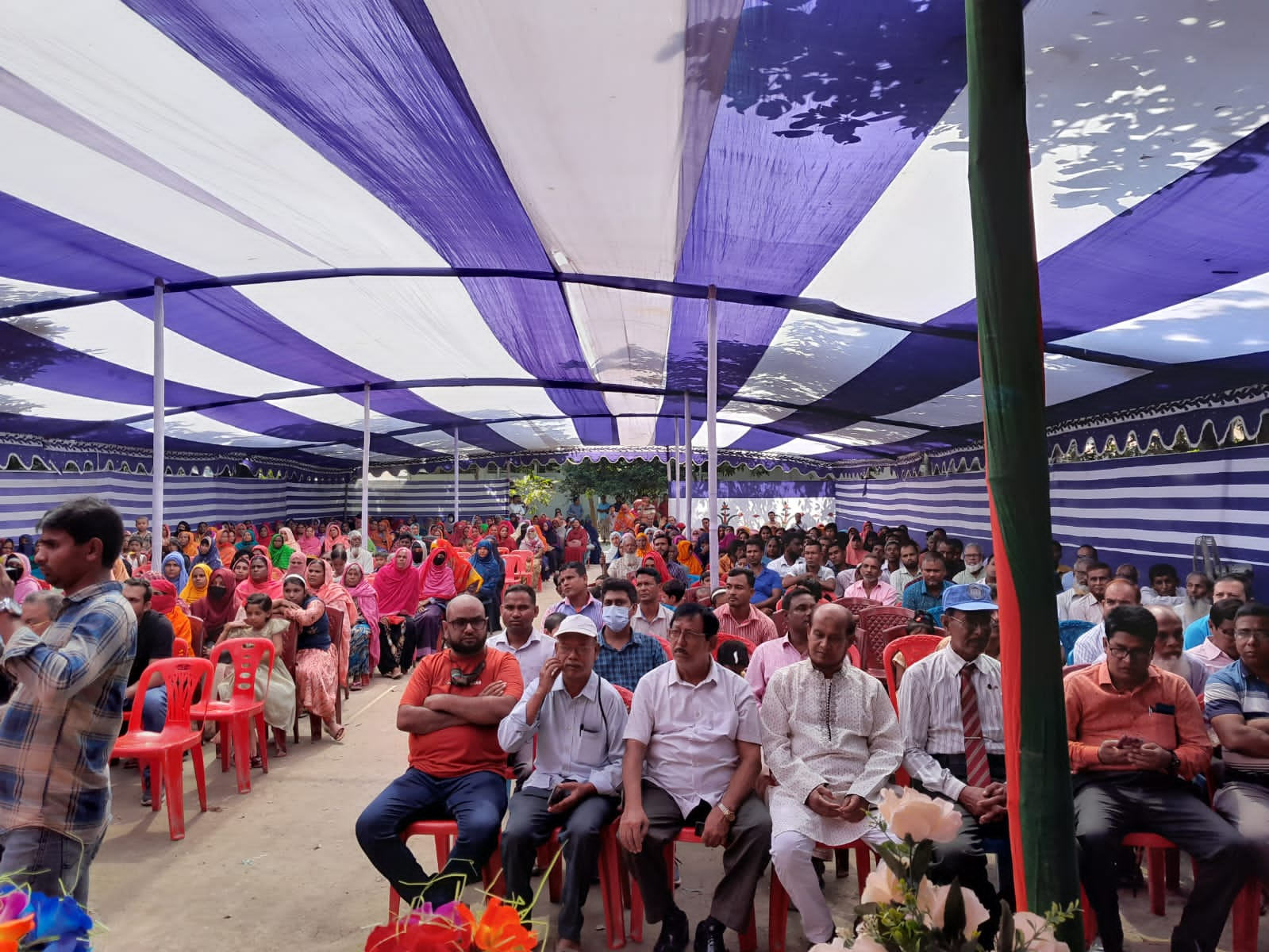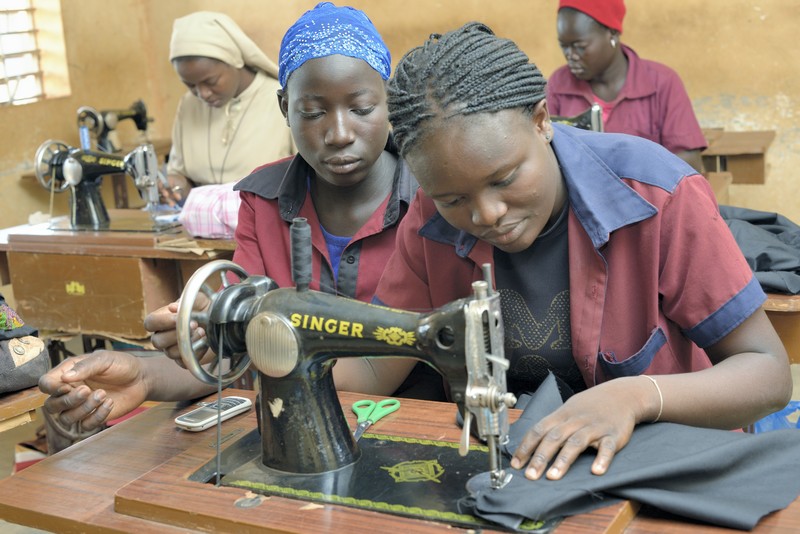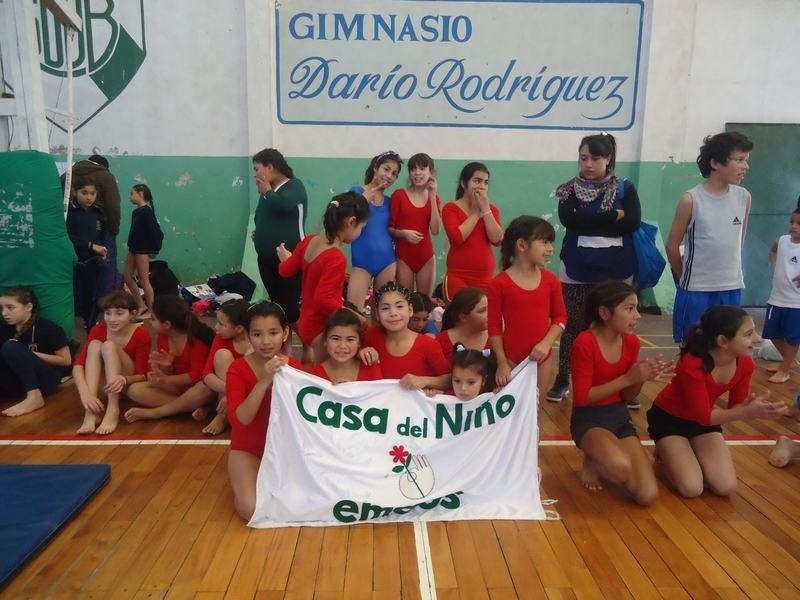
Burzaco, Province de Buenos Aires – Argentina
THE CHILDREN’S HOUSE
THE CONTEXT OF YOUR INITIATIVE
An educational project, helping to provide basic needs and support for children and adolescents, carried out according to the guidelines of the International Convention on the Rights of the Child and the values of the Emmaus movement.
Emmaus Burzaco’s social work started in 1985, helping disadvantaged children in the Ministro Rivadavia neighbourhood in the outskirts of the Province of Buenos Aires. The programme was launched in response to an appeal by the neighbourhood school after teachers observed that children were suffering from a severe lack of food – they were hungry, and this was causing health and emotional problems, making it impossible for them to learn.
At that time, Emmaus was already working within the neighbourhood, building and repairing wooden houses for families that had issues with housing.
Moved by the appeal, the group, with very limited resources and few volunteers, made plans for confronting this new challenge: the urgent need to feed the children.
The programme was set up to provide urgent relief to human suffering. Like all solidarity initiatives, it was created by people who cared and who helped, on a voluntary basis, with donations, with rapid action, and with great feeling and passion.
Over time, this emergency initiative became more organised and was given a name, Casa del Niño, and a legal framework. Initiatives were planned and goals were defined. It moved from being one of Emmaus Burzaco’s social projects to being recognised by Emmaus International.
This is how Emmaus Burzaco found its path within this diverse Movement: providing comprehensive support and education for children and adolescents.
THE ACTIVITIES CARRIED OUT AS PART OF YOUR INITIATIVE
The Casa del Niño programme aims to provide comprehensive support to meet the needs of children and adolescents, also extending this support to families when necessary.
490 children between the ages of 2 and 16 are currently included in the programme.
The programme’s primary aim is to eliminate the food deficit. Food needs are covered through a programme of three meals per day: breakfast, lunch and an afternoon snack. There are also many families that need help providing shoes, warm clothing and support with food at the weekends.
There are two Primary Education programmes: the Children’s Garden that works with 180 children between the ages of four and five, and a nursery for 160 children between the ages of two and five.
Children between the ages of 6 and 16 participate in a school-support programme to improve their academic performance, as well as workshops teaching musical instruments, theatre, dance, singing, visual arts and physical education. 150 children are involved in this group.
Activities take place from Monday to Friday between the hours of 8am and 5pm, and on Saturdays between the hours of 9am and 2pm.
Due to the severe social deprivation in this neighbourhood we have broadened the scope of the food programme to include a canteen for adults. This serves daily meals to 220 people: mothers, children under the age of 2 and elderly people.
WHO IS INVOLVED FROM OUR GROUP?
The educational programme is taught by 30 teachers.
We have a Psychopathology Unit with 3 mental-health professionals who provide assistance to the children and their families.
The food programme, as well as cleaning and upkeep, is run by 10 people.
WHICH PARTNERS ARE YOU WORKING WITH ON THIS INITIATIVE?
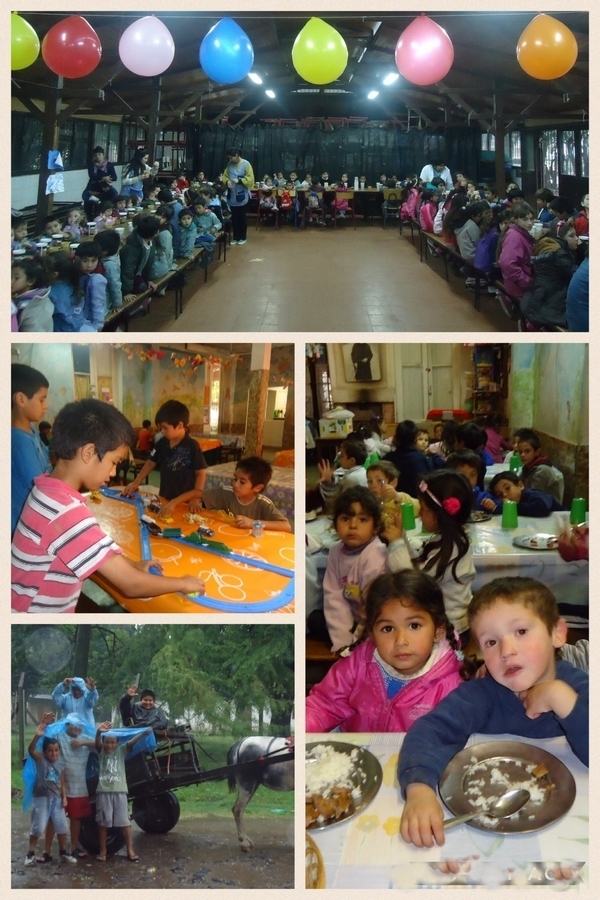
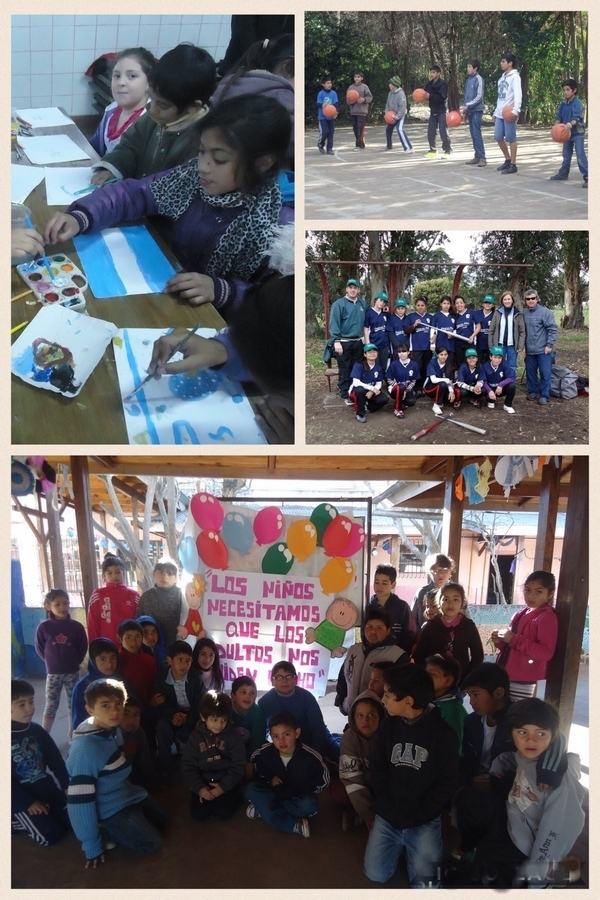
FUTURE PROSPECTS
Most achievements have been made in providing early assistance to children. By including children in the programme from the age of two, we are able to pick up on health, learning or family issues. Early detection of these problems improves the chances of resolving them.
We receive many two-year-old children with very different abilities that have no other space nearby which can meet their needs. In these circumstances we enter into a race against time, knowing that the first 5 years of a child’s life are fundamental in terms of stimulation and integration.
For older children and adolescents, the Casa del Niño is a motivational, creative space where they take part in activities found nowhere else within the neighbourhood, allowing them to get to know other worlds and values.
WOULD YOU LIKE TO ADD ANY INFORMATION ABOUT YOUR INITIATIVE?
WHAT ARE YOUR PROSPECTS?
Latest news
